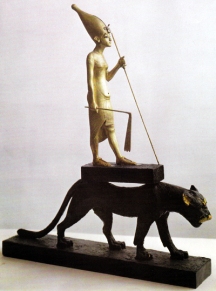Giveaway information at the bottom.
 As anyone knows, who’s stopped by this blog, I’m a sucker for anything set in Alexandria, especially during the Roman period. I’ve studied the city for many years and it’s the setting for my first novel. So I’m continuing my Alexandria series with this book review and giveaway. I’ll post some more history later in the month.
As anyone knows, who’s stopped by this blog, I’m a sucker for anything set in Alexandria, especially during the Roman period. I’ve studied the city for many years and it’s the setting for my first novel. So I’m continuing my Alexandria series with this book review and giveaway. I’ll post some more history later in the month.
Lindsey Davis is well known for her Marcus Didius Falco historical mysteries and this one is number nineteen in the series. From the back cover:
In A. D. 77 Marcus Didius Falco, private “informer” and stalwart Roman citizen, undertakes one of the most fearsome tasks known to man—he goes on vacation with his somewhat pregnant wife, Helena Justina, and their family. They travel to Alexandria, Egypt, and they aren’t there long before the Librarian of the great library is found dead under suspicious circumstances, in his office with the door locked from the inside.
Falco quickly finds himself on the trail of dodgy doings, malfeasance, deadly professional rivalry, more bodies, and the lowest of the low—book thieves! As the bodies pile up, it’s up to Falco to untangle this horrible mess before the killer begins to strike closer to home. (more…)
 I’m on a bit of a Cleopatra kick. Last week I reviewed the biography
I’m on a bit of a Cleopatra kick. Last week I reviewed the biography  I have a soft spot for strong women in history. I’ve written about
I have a soft spot for strong women in history. I’ve written about 
